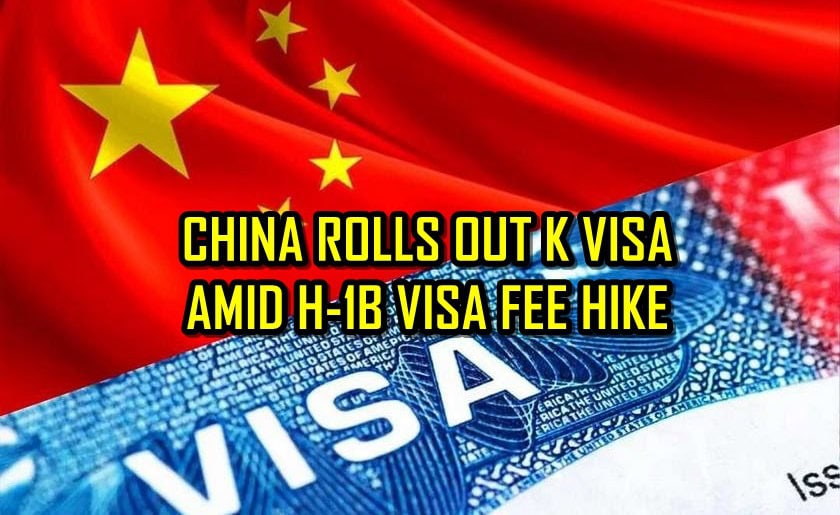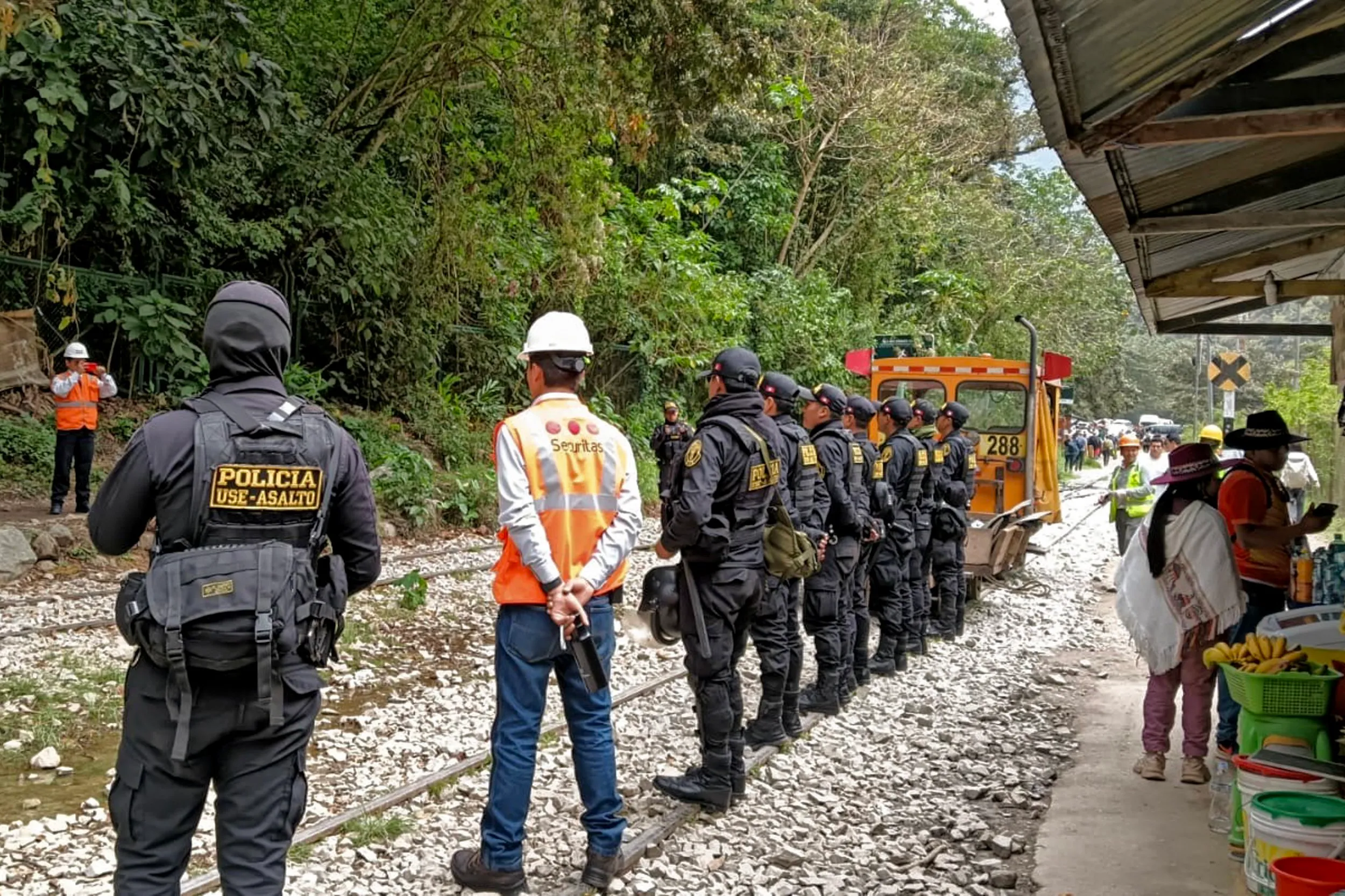By Web Desk lahore
Copyright pakobserver

BEIJING – China’s new K-Visa opened new doors of opportunities to global talent, particularly those working in Tech, and entrepreneurship, and the timing is important as it comes when US slapped a steep $100,000 H-1B fee.
Unlike other work permits, K-Visa does not require domestic employer invitation and offers longer validity, multiple entries, and access to education, research, and business opportunities. The groundbreaking work permit will allow qualified global talent to live, work, and innovate in China without needing an invitation from a domestic employer.
Amid the global buzz, Chinese authorities refused to comment directly on US President Donald Trump’s H-1B move, calling it internal matter by Trump administration.
But with silence on Trump’s wild move, China welcomes professionals to explore opportunities here, and contribute to progress.
Several people from South Asian, mostly Indians, faced heat after massive fee hike on H-1B visas, followed by Chinese professionals at about 11.7%.
China’s K-Visa visa was approved by State Council and signed into law by Premier Li Qiang as part of amendments to China’s entry and exit regulations amid ongoing trade talks with the US, where student and work visas are also on the table.
Beijing’s development relies on global talent, while providing tremendous opportunities for these professionals. Amid multiple initiatives, China also introduced visa-free entry for tourists from over 40 countries for short-term visits, aiming to boost travel and position China as a global hub for talent and tourism alike.
Who Can Apply for China’s New K Visa?
China’s K visa is aimed to attract young international talent in science, technology, engineering, and mathematics (STEM). The program focuses on those who are at the early stages of their careers but already showing promise in research and innovation.
Eligible applicants include
Graduates who hold bachelor’s degree or higher in STEM fields from respected universities or research institutes, either in China or overseas.
Young professionals who are actively teaching or conducting research at recognized institutions.
Applicants will be expected to meet requirements related to age, education, and experience, and to provide supporting documents such as degree certificates, proof of employment or enrollment, and evidence of research activity.
While K-visa has been announced, some details are still pending. Authorities have yet to clarify the exact age range, the list of qualifying STEM fields, how long the visa will remain valid, and the residency rules once holders arrive in China.



